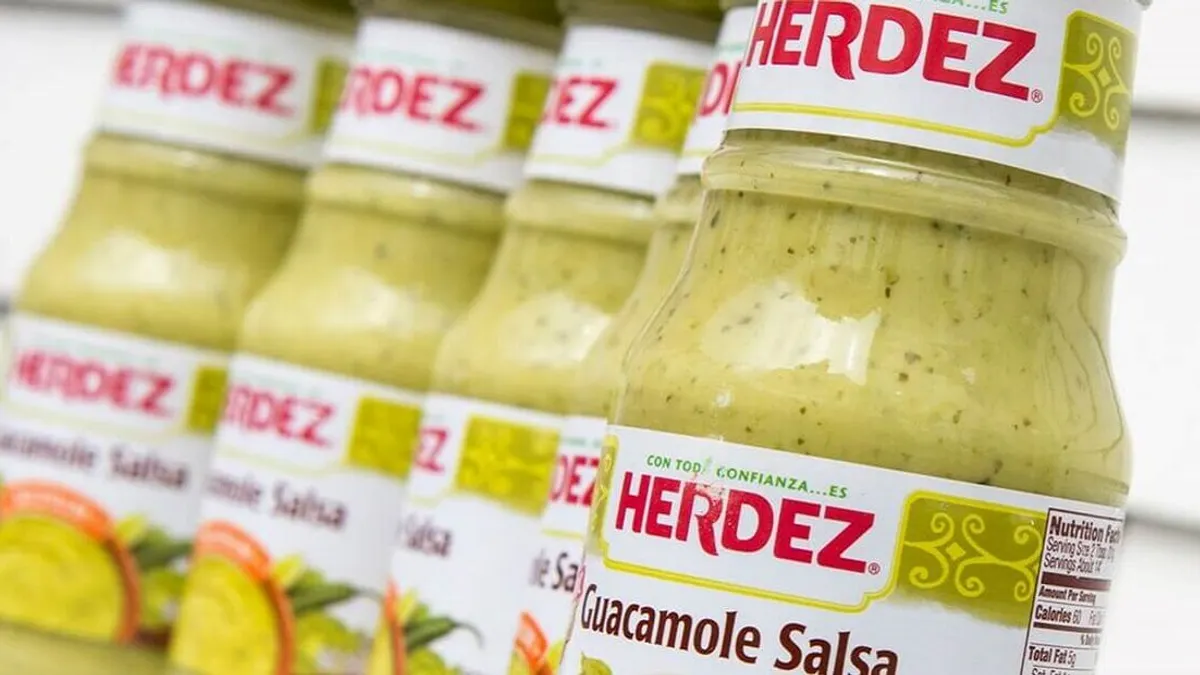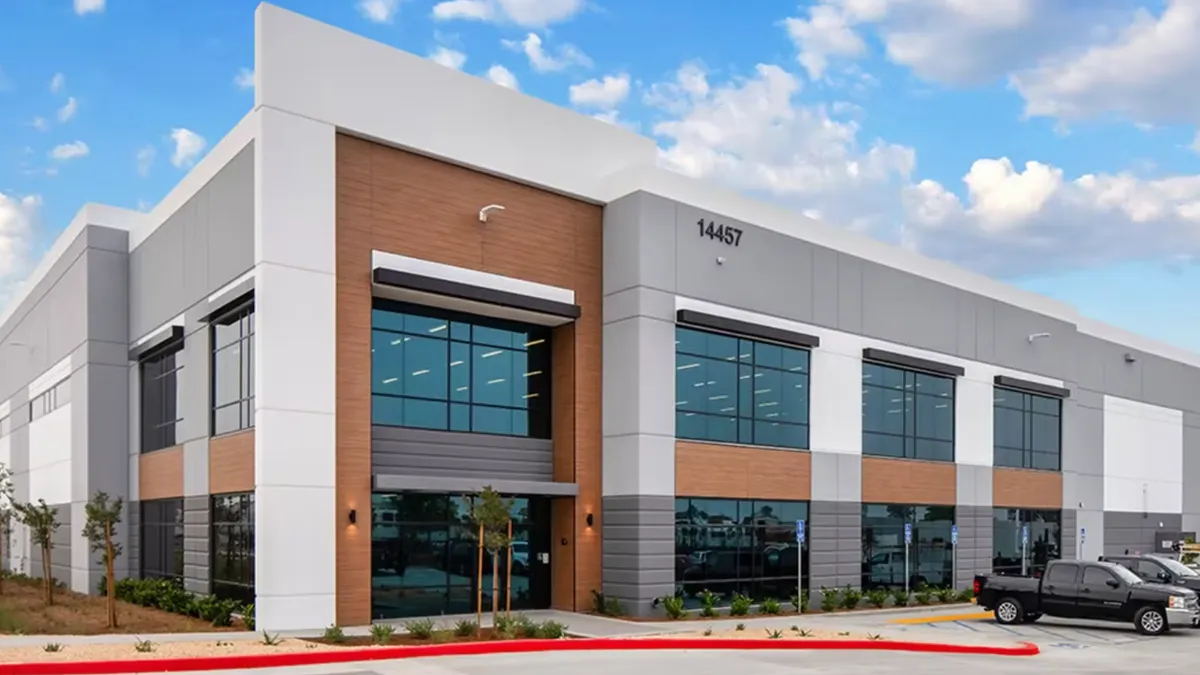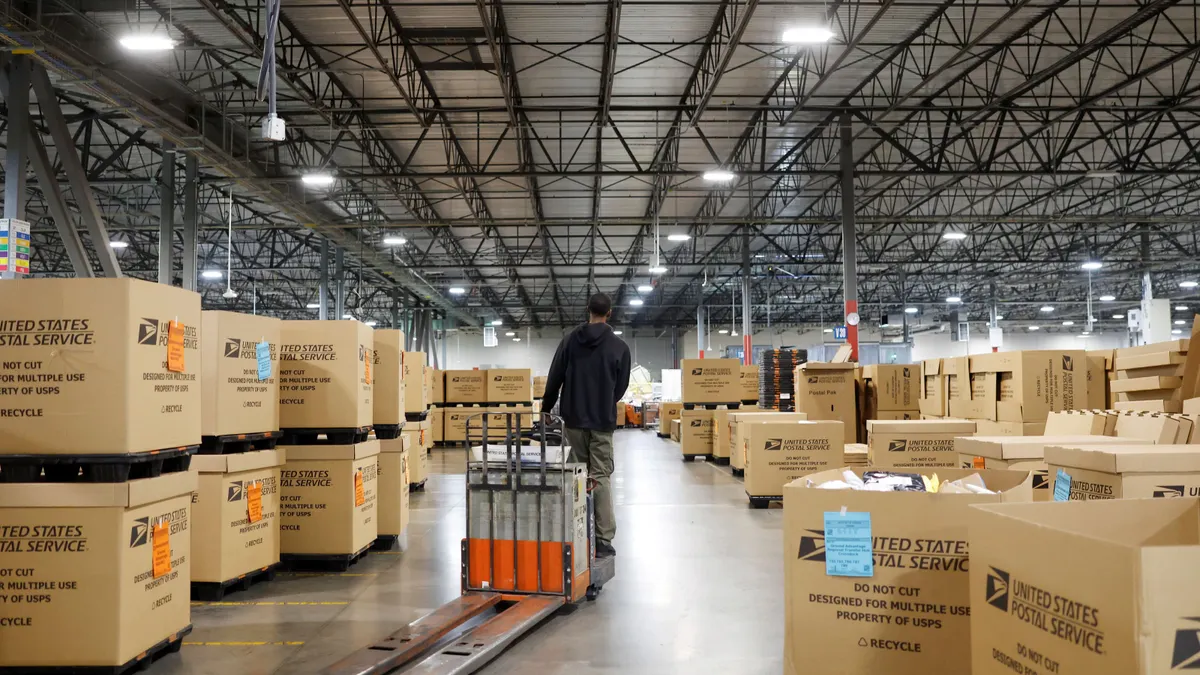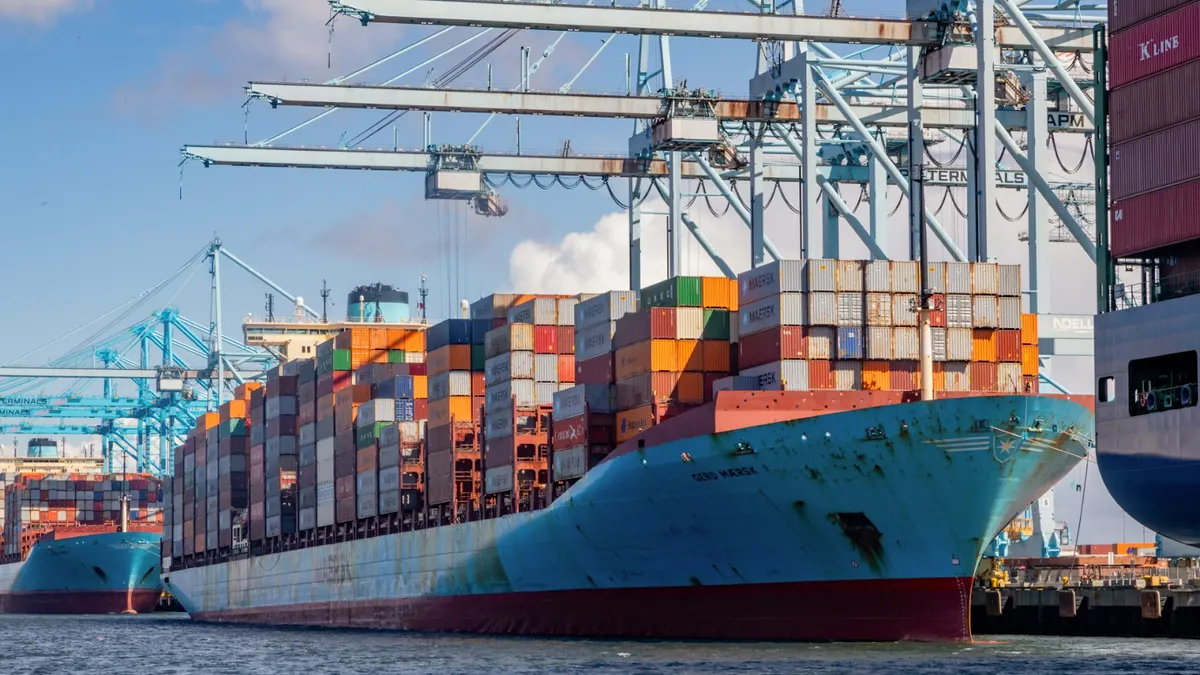Laura Eory, senior manager of transportation at manufacturing company GAF, polled the room during a session at the CSCMP Edge conference.
Carriers, how many of you have given shippers a discount, just because they put "shipper of choice" on their RFQ?
Silence, except for the rustling of sport coats, as attendees searched the room for a lone raised hand. I turned and looked too. I didn't spy a single one.
It makes sense — why would carriers raise their hands? Shippers need to execute on their promises to be shipper of choice, not just use the term and follow through when it's convenient.
"Carriers for the most part want shippers to do what they say they're going to do," said Kelly Allen, director of strategic sourcing at Berry Global, a plastics manufacturer. That's certainly not an outlandish request.
Riding the trucking market wave
The conversation around shipper of choice comes in cycles, depending on the state of the trucking market. It has been a focus once again in recent history with high trucking demand, low capacity and sky-high spot rates.
I attended CSCMP's Edge conference last year as well, and shipper of choice was a point of discussion in a number of sessions. At the time, Adam Hall, vice president of transportation at L'Oreal, noted it was time for shippers to change their approach with carriers and move away from the "buy low" model. In such a tight trucking market, shippers who wanted to secure transportation had no choice but to embrace the shipper of choice mantra.
But in that same session, Noel Perry, principal at Transport Futures, rightly predicted we were past the peak in the trucking industry and headed down. "The question is how fast and how far," he said last October.
Mounting signs now point to a loosening trucking market. In the first half of this year, 640 trucking companies went out of business, more than double the number of all of 2018. Demand and spot rates are slipping consistently month-over-month and year-over-year.
The question still remains: how fast and how far. Some analysts call it an economic contraction. Some say we're headed to a recession while others say we're already there. Some (who are prone to hyperbole) have gone to extremes and called it a trucking bloodbath. However you characterize it, the arrow is pointing down.
But like any market, the trucking one moves in cycles, and what goes up must come down and back up again. While the market is loosening now, giving shippers a chance to relax on their shipper of choice metric, it could return to being tight as early as mid next year, Eory said.
And if shippers want to be prepared to bill themselves as a shipper of choice, they'll need to start the strategic preparations now, if they haven't already.
"You have to work just as hard in a loose market as you do in a tight one," said Allen.
Don't make carriers roll their eyes
In a bit of irony, I detected a cynical — and at times even scolding — tone from the panel of four shippers talking about shipper of choice.
Eory said mentioning the term to a carrier often elicits an eye roll. "Yeah, when you need my capacity, you'll be shipper of choice," she said, in the shoes of a carrier. She described the empty promises of shipper of choice as "lip service."
"You have to work just as hard in a loose market as you do in a tight one."

Kelly Allen
Director of Strategic Sourcing, Berry Global
The top-line takeaway was summed up perfectly by Allen: "You can talk your talk, but you have to walk the walk at some point."
Walking the walk isn't about completing a shipper of choice checklist for one specific deal, said the panelists. Instead, it's a strategic decision on the part of an entire organization — not just a logistics department — to work toward the KPI at all times, no matter the state of the market.
The panelists outlined a few ways their organizations had strived toward the status of shipper of choice, dropping favorite buzzwords like strategic and tactical. Coca-Cola started to rationalize carriers, whittling down the pool of more than 350 carriers. It also started to move away from the annual bid process, to bidding just every two or three years, cementing a stronger relationship with some carriers.
The KPI that keeps on truckin'
The overt focus on the shipper of choice KPI speaks to what I've seen as an overarching trend in supply chain that flows through tight and loose markets: relationships.
"That relationship building is much more critical I think in transportation that it is in other industries," Allen said.
By my rough count, I heard mention of relationships between shippers and carriers about 20 times during this panel session, and dozens of times in other sessions and in conversations with attendees. These relationships are primal now, as e-commerce calls for more freight capacity and retailers demand stricter compliance standards from shippers and their transportation providers.
While some KPIs may come and go as the market does, relationships are here to stay.























